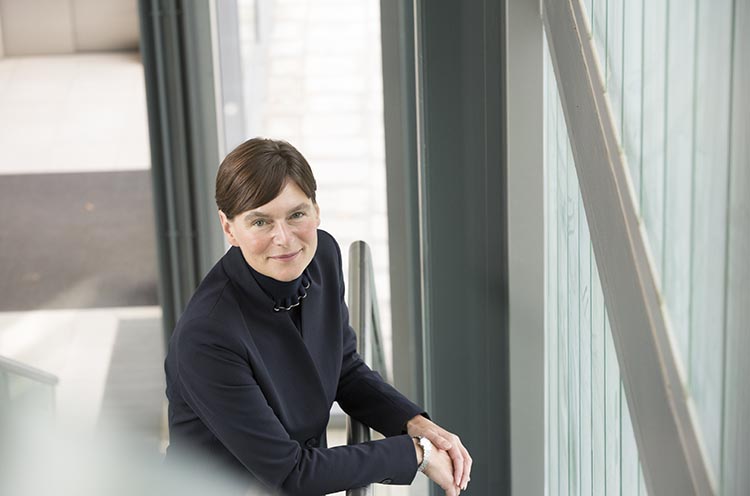The University Council has now given formal approval for the Organising for Success project to move into its implementation phase.
At this point, it is worth reflecting that it is a year since we began work on what is a programme of significant organisational change which builds on Simplifying Kent work, the PwC review and responding to feedback given by both staff and students.
At that time we knew we had significant issues to address if we were to deliver the vision outlined in our University strategy. But, as time has gone on, the pressures we are facing as result of our recruitment, league table and other financial challenges have increased substantially. As we all know, doing nothing is not an option.
We have to cut our costs if we are to achieve sustainability and deliver a sustained programme of improvements and actions and if we are to achieve our ambition to be a research-engaged and teaching-excellent university. Organising for Success is a key part of this programme, and will enable us to become more adaptable, resilient, sustainable and cost-effective in the future. We need to enable innovation in our activities and reduce the barriers that prevent us responding quickly and effectively to the volatile HE world that we find ourselves in.
Following endorsement by Senate, Council were asked to support the key aspects of the project, which include a new Deputy Vice-Chancellor role to lead on Engagement and Civic Mission. The other elements include bringing together schools into seven ‘groupings’ or ‘divisions’ with their academic governance aligned to Senate Boards/Committees; the removal of the faculty layer with its work re-distributed or discontinued as appropriate; and a change in the role of the Graduate School to enable it to support all research active staff, especially early career researchers and post-doc fellows.
Central professional service departments will be realigned into fewer units which align to the relevant EG portfolio member and their role will change to support an increased devolution of appropriate professional service activities to school ‘groupings’. We will also review our processes and procedures across the University as we implement the changes to how we are organised, so they can be streamlined and simplified.
Although making change is never easy, the benefits are real. Schools have already identified that being part of a larger group will create new opportunities for innovation and interdisciplinarity in our education programmes and our research. Sharing of teams and resources will allow for greater consistency of support for students and create opportunities to share best practice.
While there is an essential cost-savings aspect to the programme, a key driver has been to align accountability with responsibility and resources in order to support local decision-making. We need to have direct engagement between the Executive Group and the school groupings. In order to achieve this, directors of school groupings will be joining the Executive in a move which will put academic business at the heart of the University.
Over the coming weeks, we will start detailed planning for implementation over the next 18 months, taking into consideration feedback from Senate, staff and students. We need to do so in a considered way but I appreciate many staff, particularly those in the professional services, are understandably asking for certainty sooner rather than later.
Both the Project Board and the Executive Group have been immensely impressed by the thoughtful and considered way that staff have engaged with the project, with 429 individual members of staff attending the recent engagement sessions. It is clear that continued staff involvement is key to the successful delivery of Organising for Success, and the Project Board will want to ensure that those who are the experts in their specific areas are involved in taking the project forward. The Project Board already have a planning meeting scheduled to agree the next steps and staff will be kept up-to-date as we move into the implementation phase.
Finally, we recently announced that Professor April McMahon, DVC Education, is taking up a new appointment at University of Manchester from 1 October 2019. We are looking at interim arrangements while we look to recruit a new DVC Education. April has made a considerable and hugely positive impact on our student experience since she joined the University in 2015. She has been an outstanding colleague and I would like to thank her for her significant contribution.
I would also like to thank Professor Nick Grief for his phenomenal work in the development of the Medway campus, its academic offer and its relationship with the key partners. I am glad to say that Nick, who is stepping down as Dean for Medway at the end of this month, isn’t leaving us but will be returning full-time to his academic role within the Law School. We will shortly circulate an update on the arrangements to cover his areas of activity as Dean.
I look forward to working with all of you as we progress this work.
Professor Karen Cox, Vice-Chancellor and President

